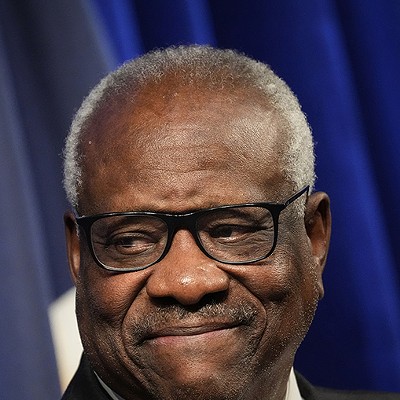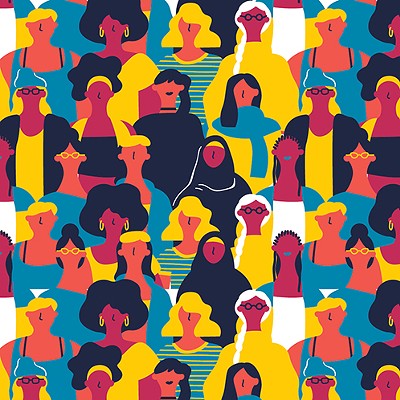It is time for New Year's resolutions. Usually we focus on things that we think will make our lives better or improve our self-image – be it losing weight, reading more books, getting more fit or developing a new skill.
This last year was a rough year with plenty of conflicts: how to respond to the pandemic and civil unrest over policing as well as the most divisive election rhetoric of my lifetime. Since the pandemic shutdown began, most of this conflict has been expressed online via various social media.
Much of what I have read has been so negative it has generally gotten me down. So I would humbly suggest that readers consider whether they should add these three resolutions to their list.
Resolution 1: I won't post anything that I have not researched on multiple reliable sites to see if it is likely to be true.
Multiple times this year I have had friends get into arguments about posted items that took me about three minutes to check and find were completely false.
While I am not a Trump supporter, it would concern me to see posted things he allegedly said when multiple reliable sites showed they were fictitious.
Similarly, with the election results, I saw posts claiming that in some swing states more votes were cast than there were registered voters. Quickly going to the secretary of state websites of those states I was able to determine that this was not the case.
Misinformation reposted over and over just serves to divide us as a nation and prevent the intelligent discussion of issues.
Resolution 2: I won't post anything where I have not considered the limitations of the data or statistics.
As an academician, any research paper I have published has a discussion of the limitations of the paper and data. This is because no collection of data and its analysis is perfect.
Countless decisions have to be made regarding what database to use, whether to include or exclude subjects and how to analyze the data. To accept data or statistics without knowing its limitations can lead to errors in the conclusions reached.
Recently a friend suggested that the shutdown and use of masks for COtVID-19 was a scare tactic that was not necessary. This conclusion was based on the fact that in 2019 about 1.4 million people died worldwide from tuberculosis (TB) with no shutdown, and this year about 1.8 million have died worldwide from COVID-19 with massive shutdowns.
I explained that while the facts were correct, he reached the wrong conclusion because he failed to consider a few limitations in the statistics.
First, TB deaths tend to occur in individuals whose immune systems are compromised – about 15% of deaths are in individuals with HIV (AIDS).
Second, TB tends to occur and kill in countries with poverty and poor access to good health care or modern sanitation – about two-thirds of the cases come from eight countries. With good treatment options and prevention programs, in 2017 the U.S. had only 515 TB deaths.
On the other hand, COVID-19 easily is transmittable in situations where people fail to follow strict social distancing guidelines. Even with modern health care technology, we have had over 330,000 U.S. deaths and are one of the world leaders in cases. Thus each disease needs different methods to control.
Resolution 3: Before you disagree with someone's position on an issue, try to respectfully find out the reason they are taking that position.
I have found that sometimes kindly asking people to explain what the reasoning was for various statements they make often provides me with insights of which I hadn't thought.
Empathy is defined as being able to understand and share the feeling of another person about a situation. It doesn't mean you have to agree with them or their position.
If I am too quick to defend my own point of view, I miss the chance to understand whether the other person may have some facets of their position that have some validity.
These three resolutions will not be a cure-all for the great political divides existing in this country. But they will be a step in the right direction.
Dr. Soltys of Springfield is a retired physician who still teaches medical students at SIU on a volunteer basis.





















